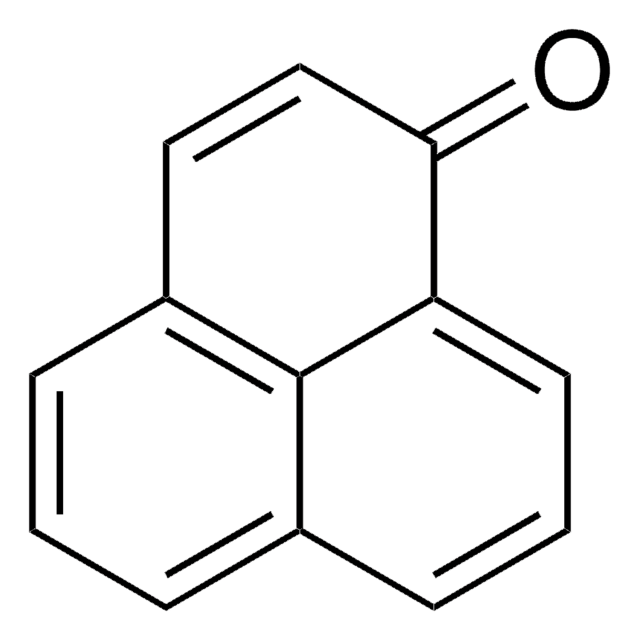A201
Acenaftenoquinona
Iniciar sesiónpara Ver la Fijación de precios por contrato y de la organización
About This Item
Fórmula empírica (notación de Hill):
C12H6O2
Número de CAS:
Peso molecular:
182.17
Beilstein:
879172
Número CE:
Número MDL:
Código UNSPSC:
12352200
ID de la sustancia en PubChem:
NACRES:
NA.77
Productos recomendados
formulario
powder
mp
249-252 °C (dec.) (lit.)
cadena SMILES
O=C1C(=O)c2cccc3cccc1c23
InChI
1S/C12H6O2/c13-11-8-5-1-3-7-4-2-6-9(10(7)8)12(11)14/h1-6H
Clave InChI
AFPRJLBZLPBTPZ-UHFFFAOYSA-N
¿Está buscando productos similares? Visita Guía de comparación de productos
Palabra de señalización
Warning
Frases de peligro
Consejos de prudencia
Clasificaciones de peligro
Eye Irrit. 2 - Skin Irrit. 2 - STOT SE 3
Órganos de actuación
Respiratory system
Código de clase de almacenamiento
11 - Combustible Solids
Clase de riesgo para el agua (WGK)
WGK 3
Punto de inflamabilidad (°F)
Not applicable
Punto de inflamabilidad (°C)
Not applicable
Equipo de protección personal
dust mask type N95 (US), Eyeshields, Gloves
Elija entre una de las versiones más recientes:
¿Ya tiene este producto?
Encuentre la documentación para los productos que ha comprado recientemente en la Biblioteca de documentos.
Los clientes también vieron
Sang Woon Chung et al.
Toxicological sciences : an official journal of the Society of Toxicology, 95(2), 348-355 (2006-11-04)
Diesel exhaust particles (DEPs) contain oxygen-containing polycyclic aromatic hydrocarbons (PAHs) called quinoid PAHs. Some quinoid PAHs generate free radicals as they undergo enzymatic and nonenzymatic redox cycling with their corresponding semiquinone radicals. Reactive oxygen species (ROS) produced by these reactions
Sang Woon Chung et al.
Toxicological sciences : an official journal of the Society of Toxicology, 101(1), 152-158 (2007-10-11)
Quinoid polycyclic aromatic hydrocarbons are potent redox-active compounds that undergo enzymatic and nonenzymatic redox cycling with their semiquinone radical. We previously reported that acenaphthenequinone (AcQ) can damage human lung epithelial A549 cells through the formation of reactive species (RS). However
Sidharth Tyagi et al.
The Journal of general physiology, 151(6), 850-859 (2019-04-25)
Ca2+ flux into axon terminals via P-/Q-type CaV2.1 channels is the trigger for neurotransmitter vesicle release at neuromuscular junctions (NMJs) and many central synapses. Recently, an arginine to proline substitution (R1673P) in the S4 voltage-sensing helix of the fourth membrane-bound
M S C Henriques et al.
Spectrochimica acta. Part A, Molecular and biomolecular spectroscopy, 172, 189-198 (2016-03-06)
The synthesis of a new hydrazone, 2-oxoacenaphthylen-1(2H)-ylidene nicotinohydrazide, and its structural and spectroscopic characterization is reported. The obtained powder was recrystallized from DMSO and ethanol that afforded small crystals used for single-crystal X-ray diffraction studies. The compound was found to
J M Varga et al.
Molecular immunology, 28(6), 655-659 (1991-06-01)
Serotonin release from rat basophilic leukemia (RBL) cells, sensitized with a DNP-binding monoclonal IgE, was stimulated with solid surface (polystyrene)-bound DNP-amino acids. The stimulatory potency of DNP-amino acids was dependent on the structure of amino acid attached to DNP. Generally
Nuestro equipo de científicos tiene experiencia en todas las áreas de investigación: Ciencias de la vida, Ciencia de los materiales, Síntesis química, Cromatografía, Analítica y muchas otras.
Póngase en contacto con el Servicio técnico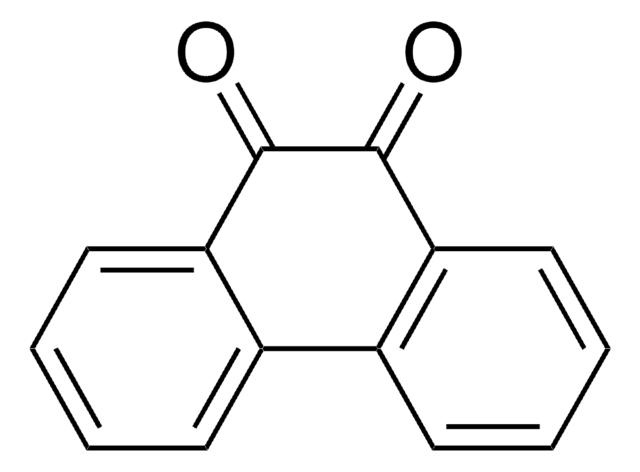
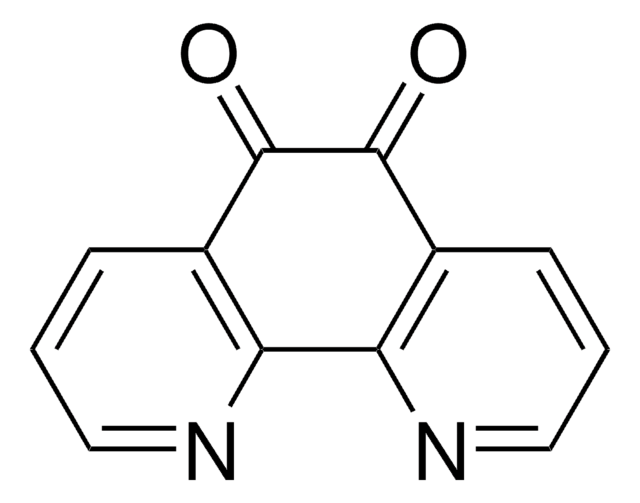
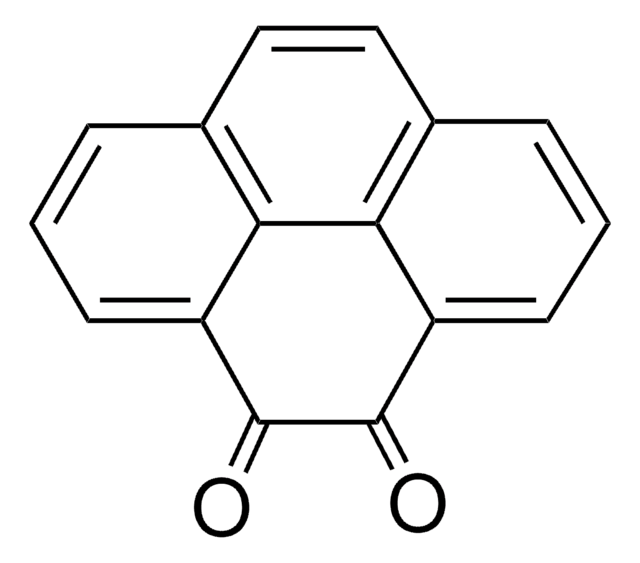
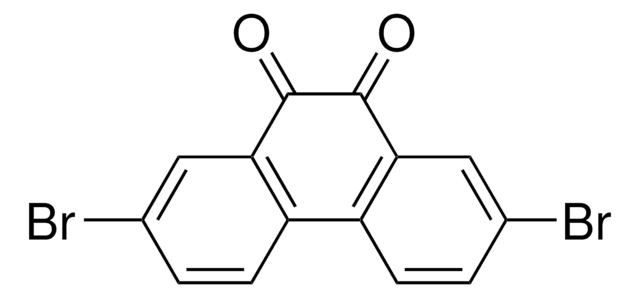
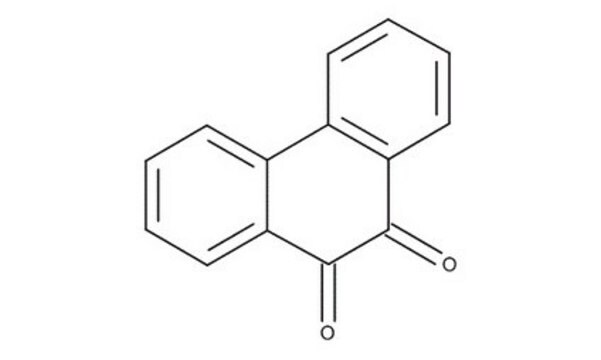
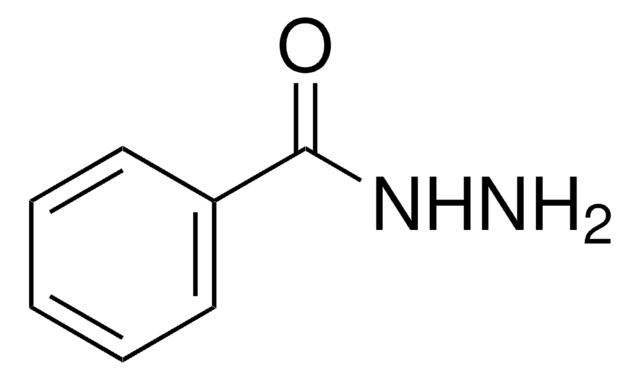
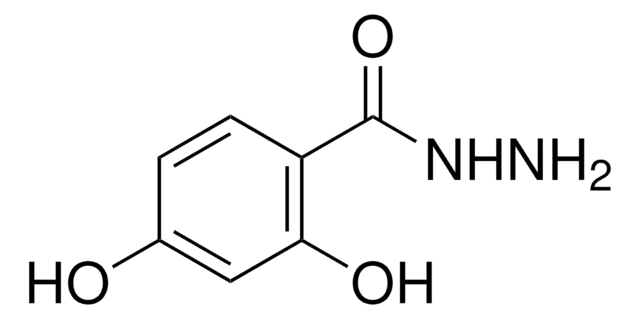
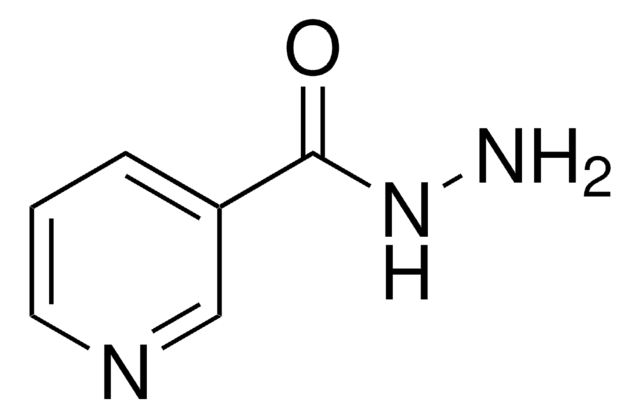


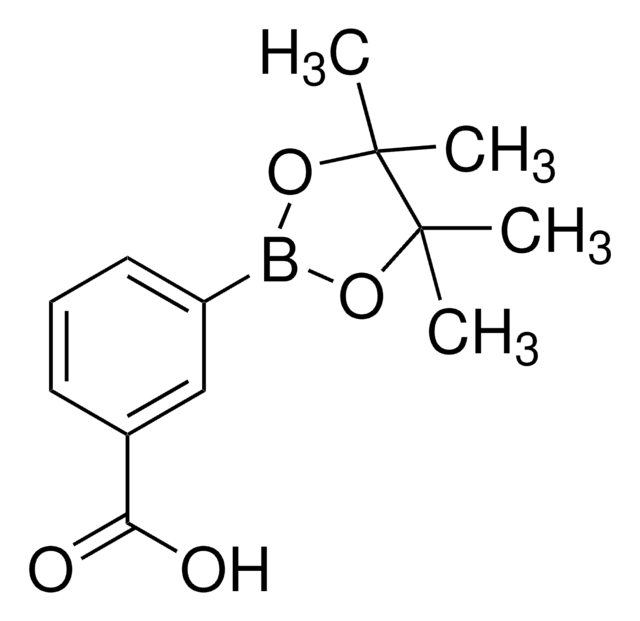
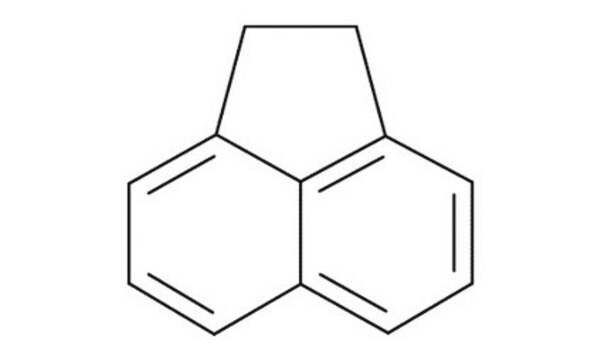
![Benzo[a]fluorenone BCR®, certified reference material](/deepweb/assets/sigmaaldrich/product/structures/881/090/eae85258-97ed-4de7-90c1-c0e0e495552e/640/eae85258-97ed-4de7-90c1-c0e0e495552e.png)
